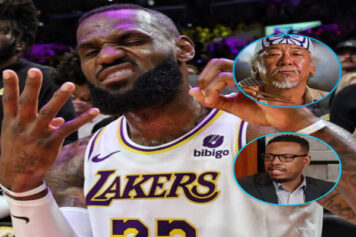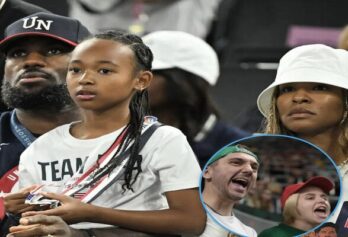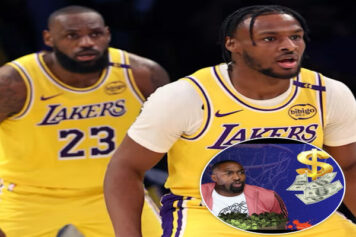National Basketball Referees Association created a Twitter account to answer game calls in real-time.
NBA referees will be putting their Twitter fingers to use during the regular season to answer in-game questions.
Fans can now tweet @OfficialNBARefs or use the hashtag #RefWatchParty to receive answers from officials for real-time calls. This newfound experiment starts with two games next week.
Members of the National Basketball Referees Association tried this concept last season during the Finals, according to Brian Windhorst of ESPN. After receiving positive feedback, the NBA league office has agreed to collaborate with the union on this project.
The illegal contact by the defender occurs prior to the gather by the offensive player, and thus the shooting motion has not yet started. Two free throws should have been awarded on this play, as the team was in the penalty, not three. https://t.co/YwSqfslybm https://t.co/v2mJGIBa7X
— NBA Referees (@OfficialNBARefs) January 18, 2019
Referees will have access to the NBA’s replay center in Secaucus, New Jersey. This will give them the same visuals to review as the active officials during the matchups.
Fans will witness this experiment throughout a series of games over the next few months, including some playoff games.
But, what’s interesting about this situation is not only do fans have access, but NBA players will too on social media.
After an unfavorable late call against teammate Lonzo Ball, LeBron James took to Twitter to express is displeasure with @OfficialNBARefs. In similar fashion, LeBron used this social media activation to directly engage with outside refs during the Lakers game against Oklahoma City Thunder.
So what really is “in the shooting motion” rule?!?!? Asking for a friend @OfficialNBARefs 🤔
— LeBron James (@KingJames) January 18, 2019
After the game NBA referee Tom Washington spoke to several reports, admitting the decision was incorrect but couldn’t be reviewed.
Even though this is a great way to engage fans, could this cause some issues down the line?
Will NBA players or teams use this to argue calls prior, during or after games? We’re curious to see what rules or regulations the league sets up for this project.



